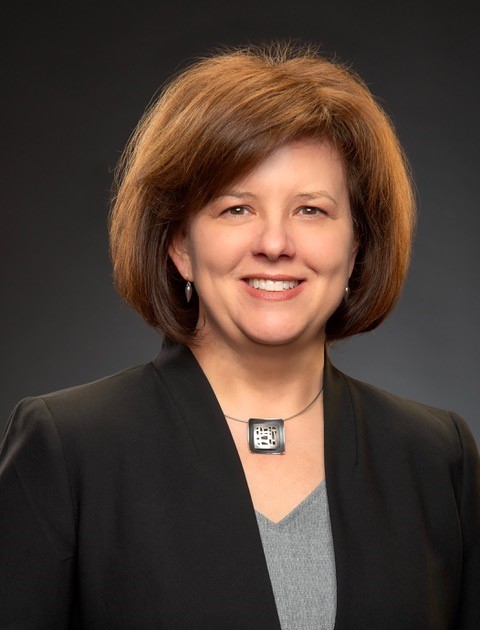
What can you do with an English major? Whatever you want, says Vol Alumna Dr. Carolyn Thompson (’88), who graduated with a BA in English, attended medical school, and established a successful practice as an obstetrician-gynecologist.
Her path from English to an MD is not unusual. Though English and other humanities majors constitute less than 15% of those enrolled in medical schools, these majors earn higher scores on the MCAT exam on average and are more likely than majors in biology or other pre-health fields to be accepted into medical school. Those who combine the fields of English studies and medicine, like Carolyn, find that they complement each other in important ways.
“Literature taught me how to think,” Carolyn said. Someone who can understand the inner workings of a piece of literature, she suggests, is prepared to deal with patients and their symptoms. “Patients will tell you what’s wrong with them if you just pay attention, and that’s what being an English major is.”
Literature teaches one how to interact and connect with other people, skills that are essential to diagnosis, treatment, and care. As Carolyn describes it, healing begins at the point where a doctor or other health practitioner says, “I’m present to you, I hear you, I’m listening to you.” In short, there’s an art and a science to medicine: premed courses deal with the scientific dimension of illness, while English the interactive, creative side. Medicine, after all, is highly creative. In surgery, for instance, “everything you do changes something, and you have to be prepared to deal with that change in circumstance.” No wonder medical schools want students with the nuanced, supple intelligence that English studies cultivates.
“Literature taught me how to think.”
English major and M.D. Carolyn Thompson
One of Carolyn’s fondest memories from her time at UT was participating in the off-campus Drama in Stratford and London program with Professor Rob Stillman the year after graduating. This program, which she describes as “lifechanging,” gave her a love for travel that she would later pursue with surgical mission work in Guatemala and Malawi.
In recent years she has transitioned from fulltime medical practice to working as a chief medical office for a healthcare tech start-up company and establishing a consultancy practice for entrepreneurial companies developing medicine-related products. Whether through writing and editing documents or reading a novel a week for enjoyment at home, English remains an important part of her life and work. As an active member of the Friends of English Advisory Committee, Carolyn is excited by the department’s initiative to expand undergraduate internship opportunities for students, like her, who are excited to bring English major skills to non-English careers. After all, as she herself demonstrates, an English major is “a door to the world.”